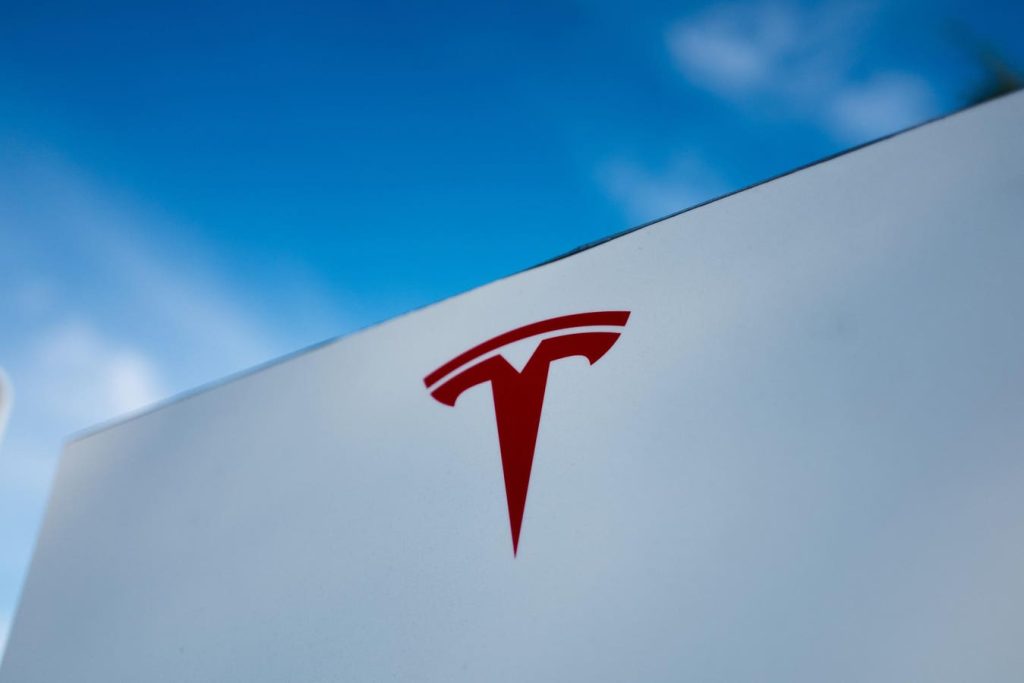Tesla stock saw a significant rally of close to 7% in Tuesday’s trading session after the company provided new details about its long-awaited semi-truck. The company stated that the truck is on track for deliveries to customers by 2026 and is expanding its Nevada manufacturing facility to increase annual production capacity to 50,000 units per year. The long-range Semi is expected to have a range of up to 500 miles, weighing in at 23,000 lbs, while the standard range truck with a smaller battery would be able to do 300-mile trips at 20,000 lbs.
Despite initially estimating the Semi’s starting price at $150,000, there have been reports of trial customers paying approximately $250,000 per vehicle, indicating a significant price increase. However, Tesla’s Semi offers advantages such as high power and efficiency, potentially translating into lower operating costs and a faster payback period. With increasing regulatory pressures to reduce greenhouse gas emissions from diesel trucks, Tesla’s Semi could see wider adoption in the market. The company stands to benefit from the U.S. Environmental Protection Agency’s Phase 3 rules aiming to reduce greenhouse gas emissions from diesel trucks by up to 60% by 2032.
Amid a backdrop of declining TSLA stock prices, which have dropped 20% from early January 2021 to around $185, Tesla’s performance has been inconsistent compared to the S&P 500. The stock saw returns of 50% in 2021, -65% in 2022, and 102% in 2023, while the S&P 500 had returns of 27% in 2021, -19% in 2022, and 24% in 2023. However, the Trefis High Quality Portfolio, consisting of 30 stocks, outperformed the S&P 500 each year over the same period, providing better returns with less risk.
While Tesla remains a key player in the transition to cleaner transportation and energy generation, the company may face challenges in the current macroeconomic environment with high oil prices and elevated interest rates. Tesla’s deliveries and earnings are expected to come under pressure this year, falling short of the company’s multi-year revenue growth target amid cooling EV demand. Additionally, competition from Chinese EV manufacturers offering compelling vehicles at affordable prices could impact Tesla’s growth, especially in international markets. Trefis values Tesla stock at around $177 per share, slightly below the current market price.
Despite uncertainties surrounding Tesla’s performance in the coming months, the company’s strong supply chain, advanced battery and drive-train technology, and lead in software and self-driving technology position it well for long-term success in the EV market. However, challenges such as high interest rates and cooling demand may impact Tesla’s near-term growth potential. Evaluating Tesla’s valuation and comparing it with peers can provide insights into the stock’s potential performance. For more detailed analysis on Tesla’s business model, revenue trends, and valuation, investors can refer to Trefis analysis and reports.


